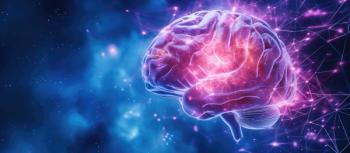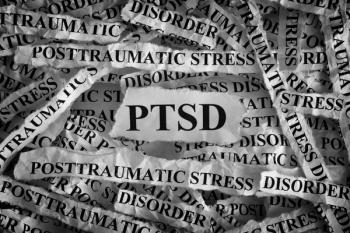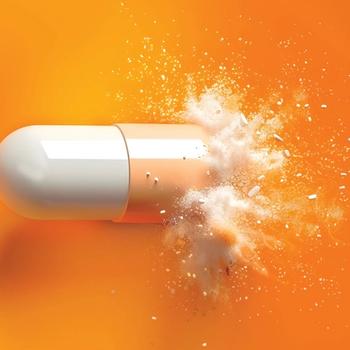
In this CME article, review the principles and applications of both invasive and noninvasive neuromodulation techniques for the treatment of mood disorders.

In this CME article, review the principles and applications of both invasive and noninvasive neuromodulation techniques for the treatment of mood disorders.

Here's how embracing a comprehensive, patient-centered approach and staying informed about emerging treatments can help mental health professionals make a difference in the lives of patients with TRD.

Given that two-thirds of patients treated for a major depressive episode will fail to achieve remission of symptoms after 2 or more treatment trials of first-line antidepressants, the probability of remission will further decrease with subsequent medication trials. Treatment strategies for patients with TRD include augmentation, where a medication is added to a current antidepressant versus switching to a different antidepressant.

The Psychiatric Times Special Report on Treatment-Resistant Depression includes expert discussions on how clinicians can manage major depressive disorder and treatment-resistant depression in patients who do not achieve wellness right away.

Here's how a good online reputation can help clinicians provide a positive patient experience.

"We were three men alone in a ward room built for fifty, dust film on the floor..."

“If we can show that serotonin loss over time is directly involved in the transition from mild cognitive impairment to Alzheimer disease, recently developed antidepressant medications may be an effective way to improve memory deficits and depressive symptoms and, thus, may be a powerful way forward to slow disease progression.”

These 5 processes provide a focus for patients with PTSD...


Check out this case study to learn more about how viral infections might play a role in triggering psychotic disorders.

“Advances are made by answering questions. Discoveries are made by questioning answers.”—Bernard Haisch, PhD

The original STAR*D authors refute claims of a violated protocol.

Contesters of STAR*D discuss the impact and relevance of the study's remission rates.

STAR*D trial is one of the most important foundational studies in psychiatry to guide the treatment of unipolar major depression. Get ready to explore a dialogue between the original STAR*D authors and a group of authors who call STAR*D into question.